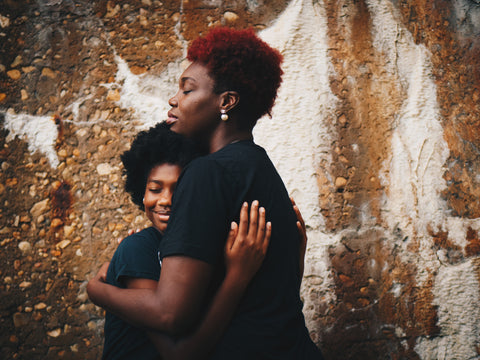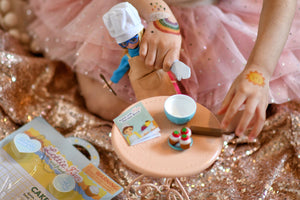Bullying can have serious emotional affects on a child. A child can become anxious, ashamed and even have psychosomatic symptoms such as stomachaches, headaches, muscle aches and more.
Because children are often ashamed about being bullied, they may not open up to their parents about it. This is why it’s important for parents to look out for signs of bullying and take the appropriate actions in making sure their child is safe.
It is helpful for parents to be familiar with the different types of bullying so they know what to look out for. Of course, name calling and physical abuse are types of bullying that are easy to spot. But bullying can also occur on a deeper psychological level. This type of bullying is called relational bullying or bullying without words.
Relational bullying is more difficult to spot and harder to prove than other types of bullying, but that’s part of what makes it even more painful and frustrating for your child. Read on to find out more about bullying without words and how you can make sure your child doesn’t fall victim.
What are Examples of Bullying without Words
Bullying without words often involves exclusionary tactics. An example is when a group of friends are involved in a sport and one or more of the children doesn’t allow another child to join.
Relational bullies can also be manipulative forcing one child to constantly do things they don’t want to do such as being ‘it’ in tag every day.
How to Tell if Your Child is Being Bullied
Children that are being bullied without words will often start to experience changes in mood. They will become prone to doing things on their own and withdraw from social groups.

Girls are more likely to be both the victims and bullies in a relational bullying relationship. The pain the victim feels can be just as considerable and last even longer than if they were physically bullied.
What You Can Do About It
If you think your child may be the victim of bullying without words, there are a few ways you can handle it.
First, enforce the concept of respect through your own behavior. Let your child know they deserve to be treated well and show them how to treat others well. Set examples through your own relationships with teachers, retail workers and others in their communities.

It’s also important for parents to encourage their children to build their confidence and self-esteem and use these strengths to speak up when they are being bullied. Using phrases like, “That wasn’t nice” or “Leave me alone” can work to get rid of bullies for good, especially when your child speaks firmly and lets the bully know she is not fooling around.
Bullying without words may not result in physical injury, but it can be quite damaging on a mental level. If you feel your child is being bullied in any way shape or form, it’s important to make them aware of their self-worth and give them the support they need to help them stand up for themselves. Good luck helping your child make it through this painful experience.
![]() Fast Shipping
Fast Shipping![]() Subscribe to our Newsletter
Subscribe to our Newsletter![]() 🌟 New Global Competition 🌟
🌟 New Global Competition 🌟

















